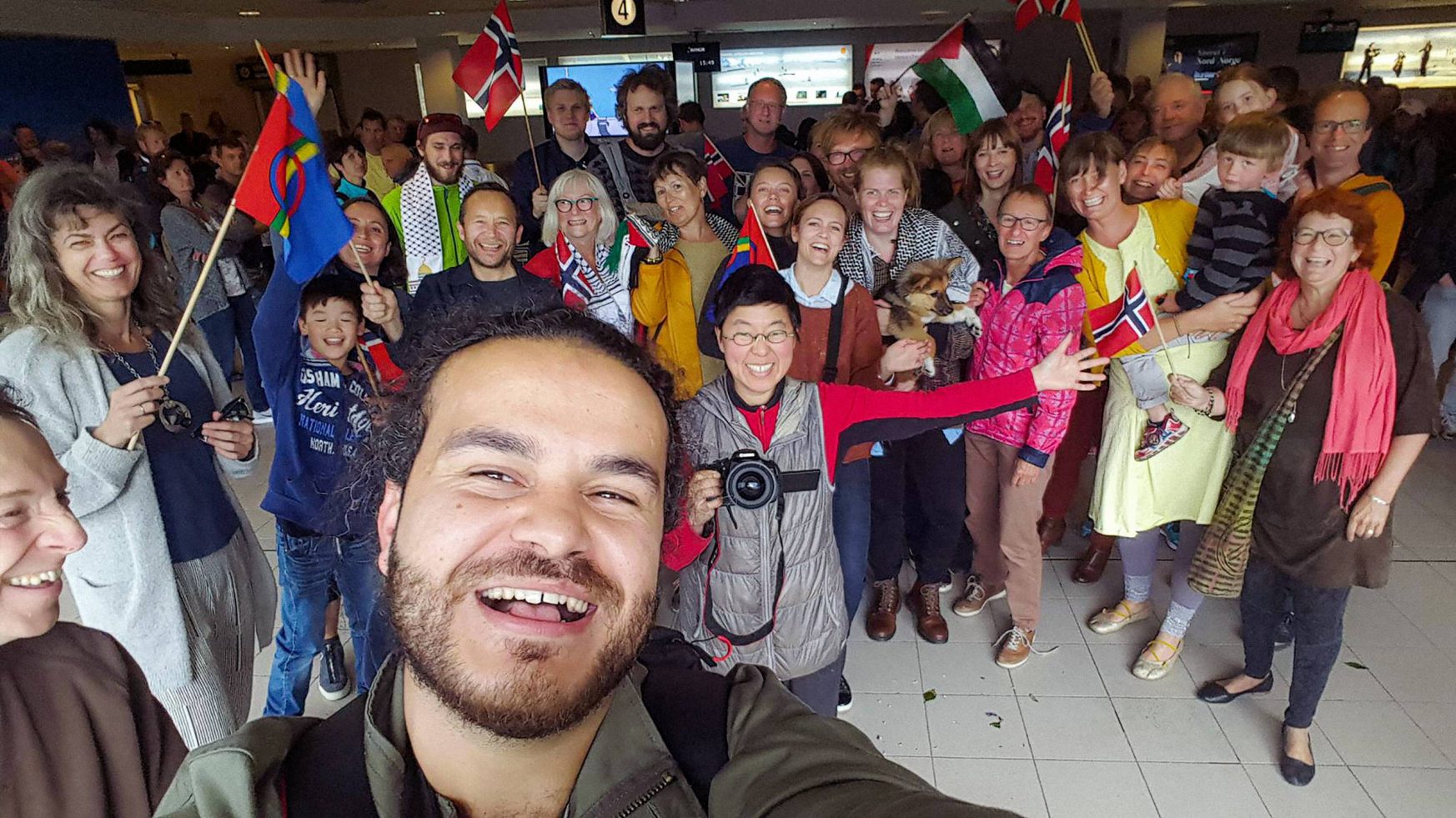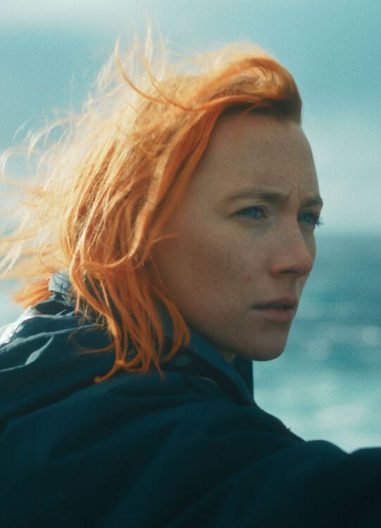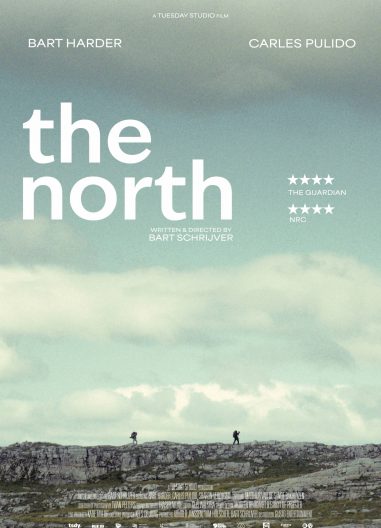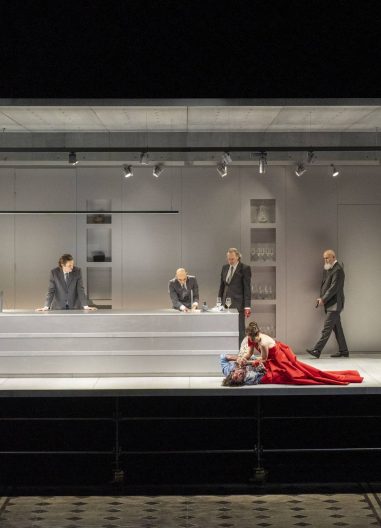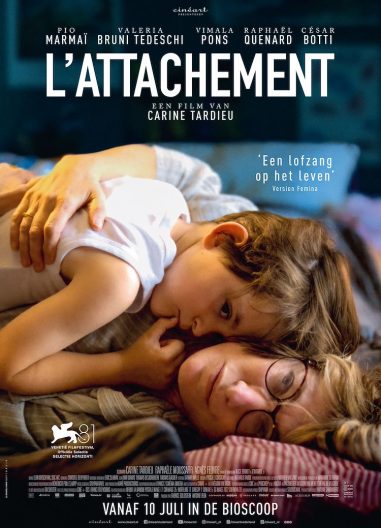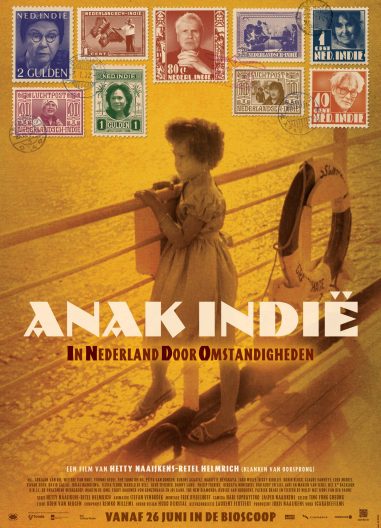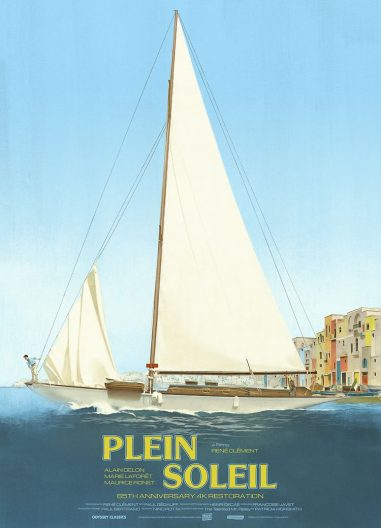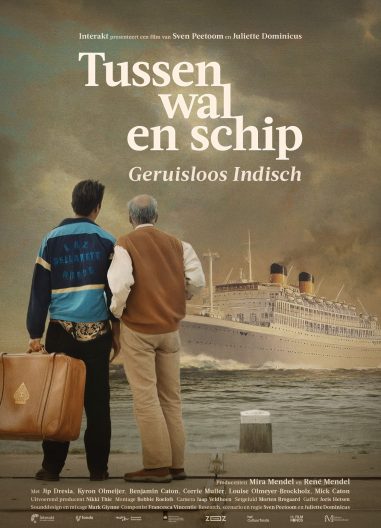Life is Beautiful
De jonge Palestijn Mohamed Jabaly is in 2014 net op uitwisseling in Noorwegen als de grenzen van zijn woonplaats Gaza voor onbepaalde tijd sluiten. Dat zorgt voor een serie aan problemen, onder meer omdat de Noorse overheid zijn Palestijnse paspoort niet erkent. Jabaly is ‘statenloos’ en ook de aanvraag voor een kunstenaarsvisum wordt afgewezen, omdat de selfmade filmmaker niet de gewenste diploma’s heeft. Hij zit ‘vast’ bij zijn gastgezin in de boven de poolcirkel gelegen stad Tromsø en kan niet reizen – wat de reden is dat hij bijvoorbeeld de vertoning van zijn debuutfilm Ambulance (2016) op IDFA niet kan bijwonen.
In afwachting van een rechterlijke uitspraak en tijdens een treurigstemmende tocht langs de politieke en bureaucratische logica, filmt Jabaly zichzelf en zijn Noorse vrienden en collega’s in de sereniteit van het besneeuwde, spectaculaire Noorse landschap, een bruut contrast met de hachelijke beelden en berichten die hij van familie en vrienden uit Gaza krijgt. Intussen stelt de hechte film- en kunstenaarsgemeenschap in Tromsø alles in het werk om Jabaly te steunen.
In 2014, the young Palestinian filmmaker Mohamed Jabaly was on an exchange in Norway when the borders of his home Gaza were closed for an unspecified period. This posed several problems, one being that the Norwegian government would not accept his Palestinian passport, meaning that Jabaly was now stateless. Then his application for an artist’s visa was rejected, because being a self-taught filmmaker meant he didn’t have the necessary qualifications. It meant he was trapped with his host family in the arctic city of Tromsø, and couldn’t travel. One of the upshots of this situation was that he was unable to attend the screening of his 2016 debut film Ambulance at IDFA.
While awaiting a decision from the court, and following the dismal paths of political and bureaucratic logic, Jabaly films himself and his Norwegian friends and colleagues in the snow-covered serenity of the spectacular Norwegian landscape. These scenes contrast starkly with the agonizing images and messages he receives from family and friends in Gaza. The close-knit artistic and film community in Tromsø, meanwhile, is making every effort to support Jabaly.
Kies tijdstip
- filmspecial
De jonge Palestijn Mohamed Jabaly is in 2014 net op uitwisseling in Noorwegen als de grenzen van zijn woonplaats Gaza voor onbepaalde tijd sluiten. Dat zorgt voor een serie aan problemen, onder meer omdat de Noorse overheid zijn Palestijnse paspoort niet erkent. Jabaly is ‘statenloos’ en ook de aanvraag voor een kunstenaarsvisum wordt afgewezen, omdat de selfmade filmmaker niet de gewenste diploma’s heeft. Hij zit ‘vast’ bij zijn gastgezin in de boven de poolcirkel gelegen stad Tromsø en kan niet reizen – wat de reden is dat hij bijvoorbeeld de vertoning van zijn debuutfilm Ambulance (2016) op IDFA niet kan bijwonen.
In afwachting van een rechterlijke uitspraak en tijdens een treurigstemmende tocht langs de politieke en bureaucratische logica, filmt Jabaly zichzelf en zijn Noorse vrienden en collega’s in de sereniteit van het besneeuwde, spectaculaire Noorse landschap, een bruut contrast met de hachelijke beelden en berichten die hij van familie en vrienden uit Gaza krijgt. Intussen stelt de hechte film- en kunstenaarsgemeenschap in Tromsø alles in het werk om Jabaly te steunen.
In 2014, the young Palestinian filmmaker Mohamed Jabaly was on an exchange in Norway when the borders of his home Gaza were closed for an unspecified period. This posed several problems, one being that the Norwegian government would not accept his Palestinian passport, meaning that Jabaly was now stateless. Then his application for an artist’s visa was rejected, because being a self-taught filmmaker meant he didn’t have the necessary qualifications. It meant he was trapped with his host family in the arctic city of Tromsø, and couldn’t travel. One of the upshots of this situation was that he was unable to attend the screening of his 2016 debut film Ambulance at IDFA.
While awaiting a decision from the court, and following the dismal paths of political and bureaucratic logic, Jabaly films himself and his Norwegian friends and colleagues in the snow-covered serenity of the spectacular Norwegian landscape. These scenes contrast starkly with the agonizing images and messages he receives from family and friends in Gaza. The close-knit artistic and film community in Tromsø, meanwhile, is making every effort to support Jabaly.

